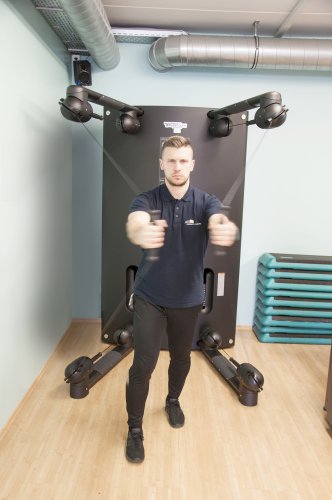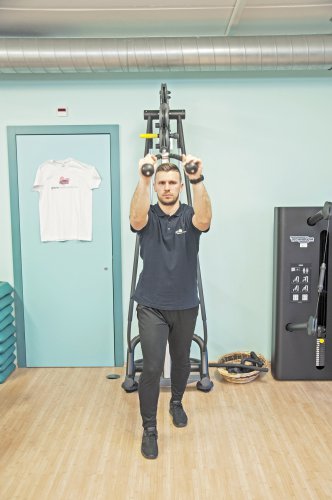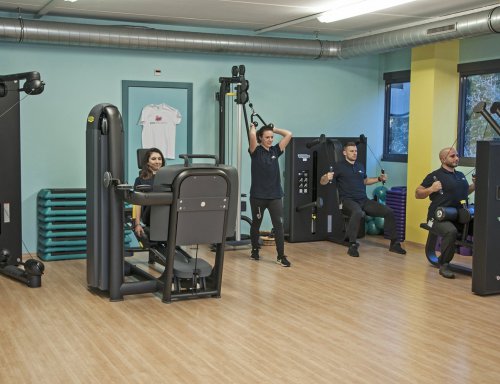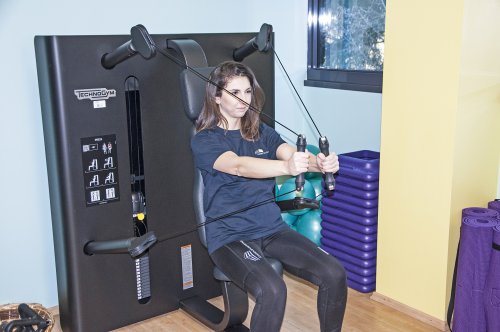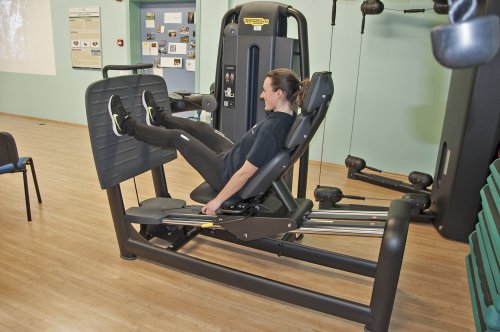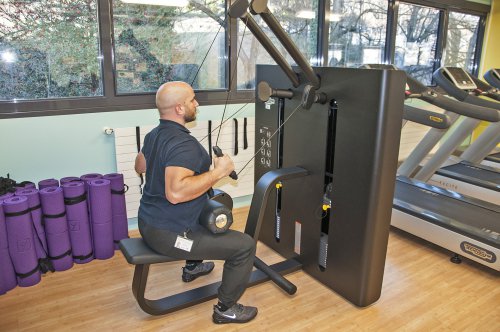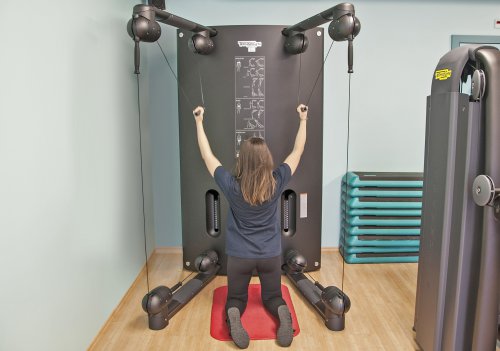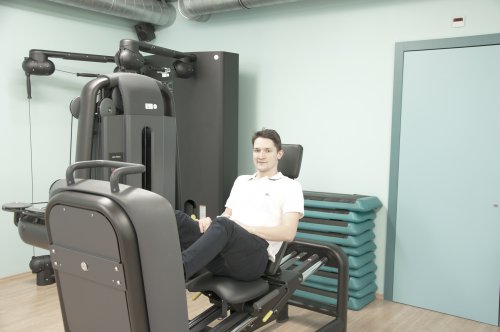Rehabilitation and Preventive Cardiology
Rehabilitation and Preventive Cardiology
The Rehabilitative and Preventive Cardiology Service
An indispensable complement to the diagnostic and interventional activities of the Cardiocentre, the Rehabilitative and Preventive Cardiology Service is a fundamental step in the treatment of cardiovascular pathologies, allowing the patient the best recovery of his physical and functional condition.
Directed by Dr. med. Joël Krüll (Specialistic doctor) and Andrea Grassi (Head), the Service operates on an outpatient basis with the necessary agreements with all Swiss health insurance companies, makes use of highly qualified personnel and is accredited by the Swiss Working Group for Cardiovascular Prevention Rehabilitation and Sports Cardiology (SCPRS) and the Rehabilitations Program Diabetes.
TEAM
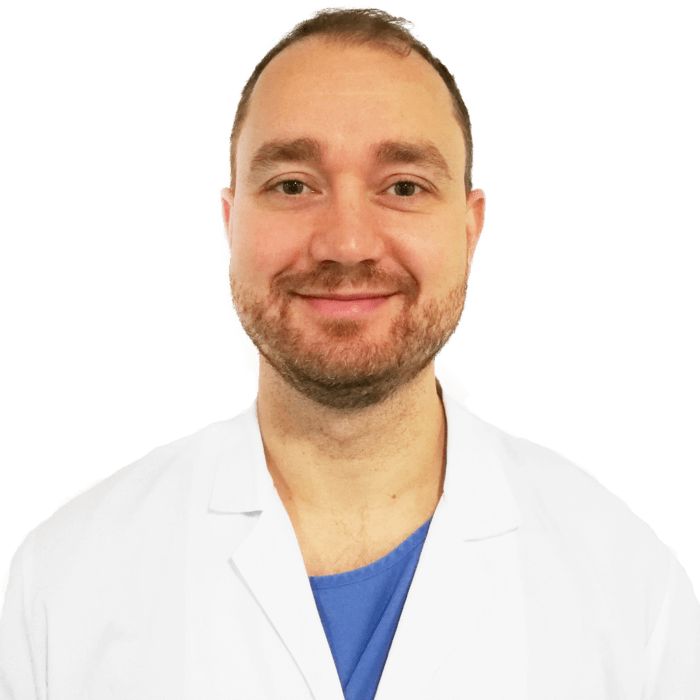
Dr. med. Joël Daniel Krüll
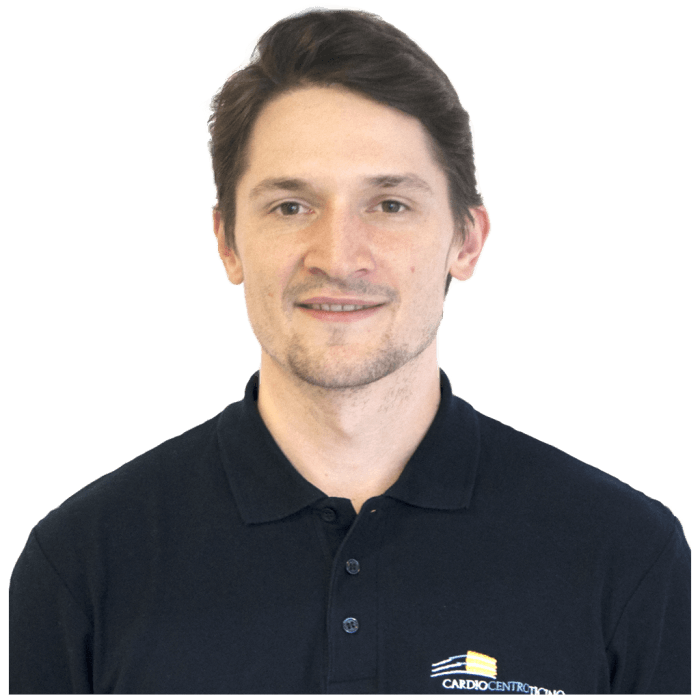
Andrea Grassi
![]()
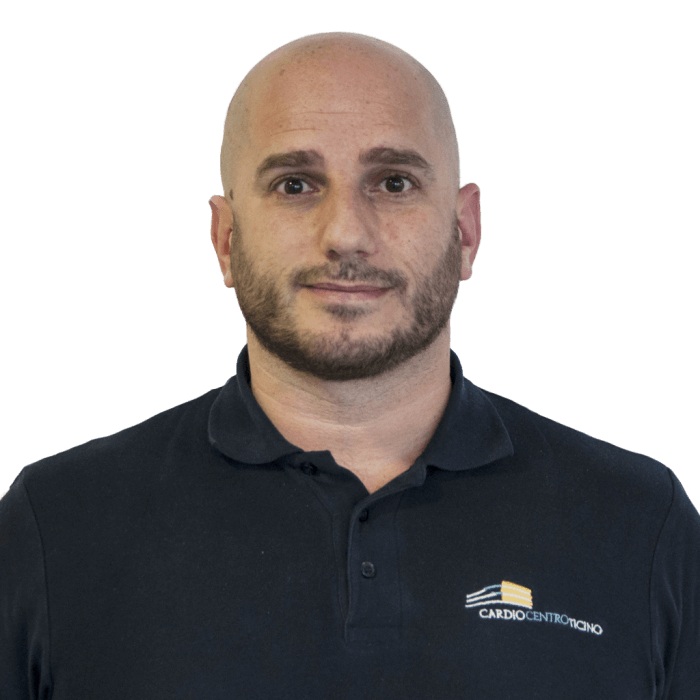
Paolo Maone
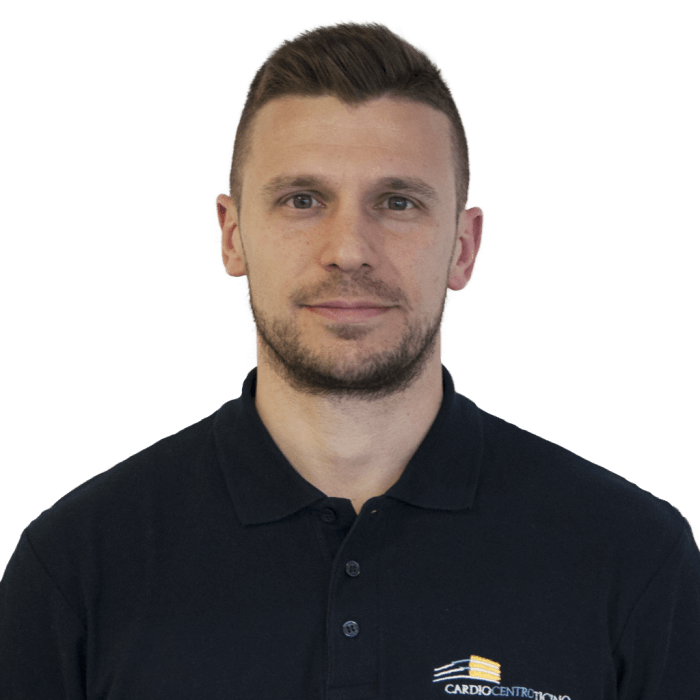
Tommaso Oriani
![]()
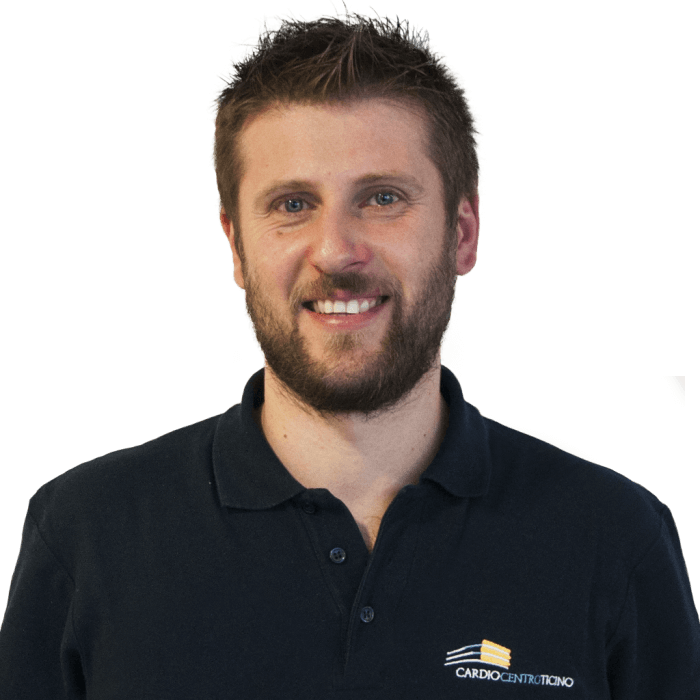
Fabrizio Vaghi
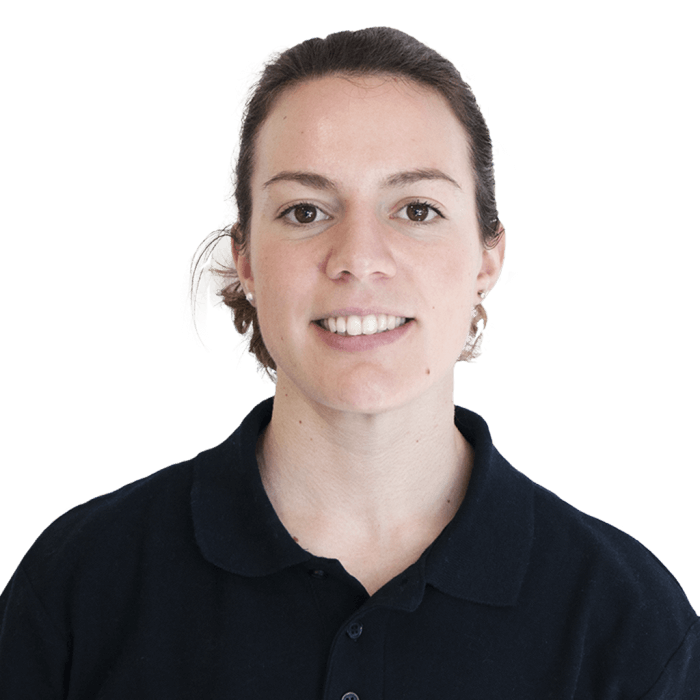
Miriam Negri
![]()

Letizia Raspa
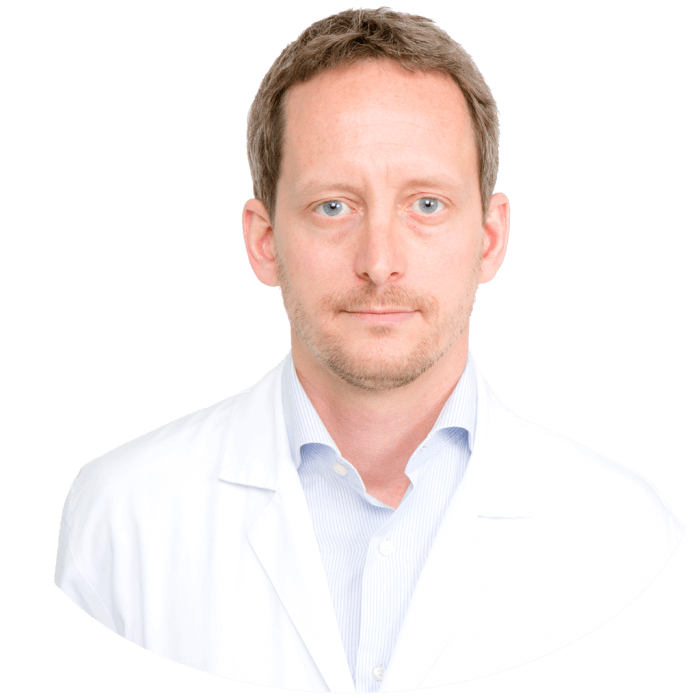
Martino Regazzi
![]()
In its main area of activity, secondary rehabilitation, the Service offers a recovery path with the aim of undertaking functional, nutritional, stress management and, where necessary, integrative training.
The course lasts 3 months and is structured into 36 sessions: 29 of functional therapy and 7 information meetings including one with the head of the Cardiopsychology Service to address the aspects relating to the stress of the event with the possibility of continuing later individually.
An initial ergospirometry is carried out to update the cardiological picture and set the objectives and loads of physical exercise.
The functional sessions are structured through:
- ● aerobic exercise with 5 treadmills, 4 cycle ergometers, an arm ergometer, a cross trainer, a horizontal bike;
- ● exercises dedicated to strength with Technogym machines;
- ● Jacobson method relaxation techniques;
- ● breathing exercises;
- ● stretching exercises.
Twice a week the physical training session is carried out outside on specially selected itineraries.
During the course, body composition is monitored through the BIVA exam, capable of qualitatively evaluating the distribution of the various compartments (lean mass, fat mass and hydration).
As mentioned, seven meetings are scheduled to complete the training course:
- 1. Welcome (people are shown the route);
- 2. Meeting with the psychologist
- 3. Inflammation and hormones
- 4. Food 1
- 5. Food 2
- 6. Medications
- 7. Diagnostics and Anatomy.
After the group meetings on nutritional topics, an individual journey is undertaken with the dietitian nutritionist to achieve a better structural quality of eating habits.
On the primary prevention front, the Service’s activity focuses in particular on caring for people with diabetes (Diafit certification). Furthermore, at the request of external doctors and in collaboration with the Sports Medicine Service, differential diagnostic tests are carried out (e.g. cardio-pulmonary test), functional evaluation tests, with classification of the subject’s risk stratification, consultancy for an adequate primary prevention and complex physical laboratory tests for the physiological evaluation of athletes.
The natural synergy with the Sports Medicine Service is fully realized in the offer of a Personal cardio service, structured as follows:
Sports medical evaluation with performance diagnostics
- ● Medical history
- ● Resting ECG
- ● ECG under stress (cycle ergometer or treadmill)
- ● Test with lactate sampling to determine the anaerobic threshold
- ● Possible spirometry
- ● Analysis of the test and final discussion.
To follow:
- ● Meeting with the cardio staff to set up the training program
- ● BIVA exam (body composition analysis)
- ● Functional session with monitoring of functional parameters (BP – Fc – lactate)
- ● Parameter detection for force circuit
- ● Nutritional information
- ● Nutraceutical protocol
Between sessions:
- ● Feedback with staff via email or telephone
- ● Monitoring of the training, nutritional and nutraceutical path
- ● Planning the next session.
Collaborations with universities
The department is university tutor for training and internships for 5th year students at the Catholic University of Milan – Adapted Physical Education Course
Department equipment:
- ● Ergospirometer for cardiopulmonary testing
- ● 5 treadmills
- ● 5 strength stations (Technogym machines – see photo below)
- ● 1 glidex
- ● 4 cycle ergometers
- ● 1 horizontal bike
- ● 1 arm ergometer
- ● 10 step aerobics
- ● 30 elastic bands with different resistances
- ● 10 telemetry heart rate monitors
- ● Pulse oximeter
- ● Lactate meter
- ● Blood sugar meter
The functional room of the Cardiology service
rehabilitative and preventive
Via Tesserete 48
CH-6900 Lugano
info.icct@eoc.ch


